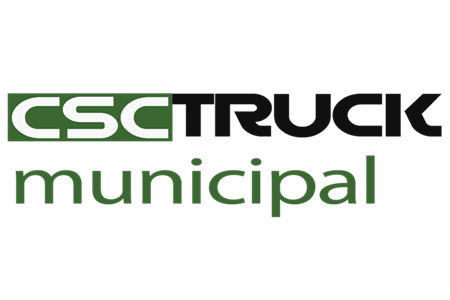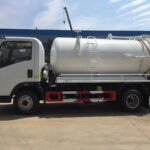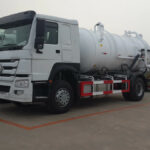In the realm of wastewater management, technological advancements continue to play a crucial role in improving efficiency, sustainability, and overall public health. Among the latest innovations, vacuum sewer trucks have emerged as a game-changer in revolutionizing sewage collection. These cutting-edge vehicles offer a multitude of benefits over traditional collection methods, making them an indispensable tool in modern sanitation systems.
Historically, sewage collection involved the use of gravity-based systems, which relied on the natural downward flow of wastewater to carry it from homes and businesses to treatment plants. While effective to some extent, these systems faced inherent limitations such as the need for a significant network of underground pipes, dependence on terrain slopes, and costly maintenance. Vacuum sewer trucks, however, address these challenges head-on, providing a more efficient and flexible alternative.
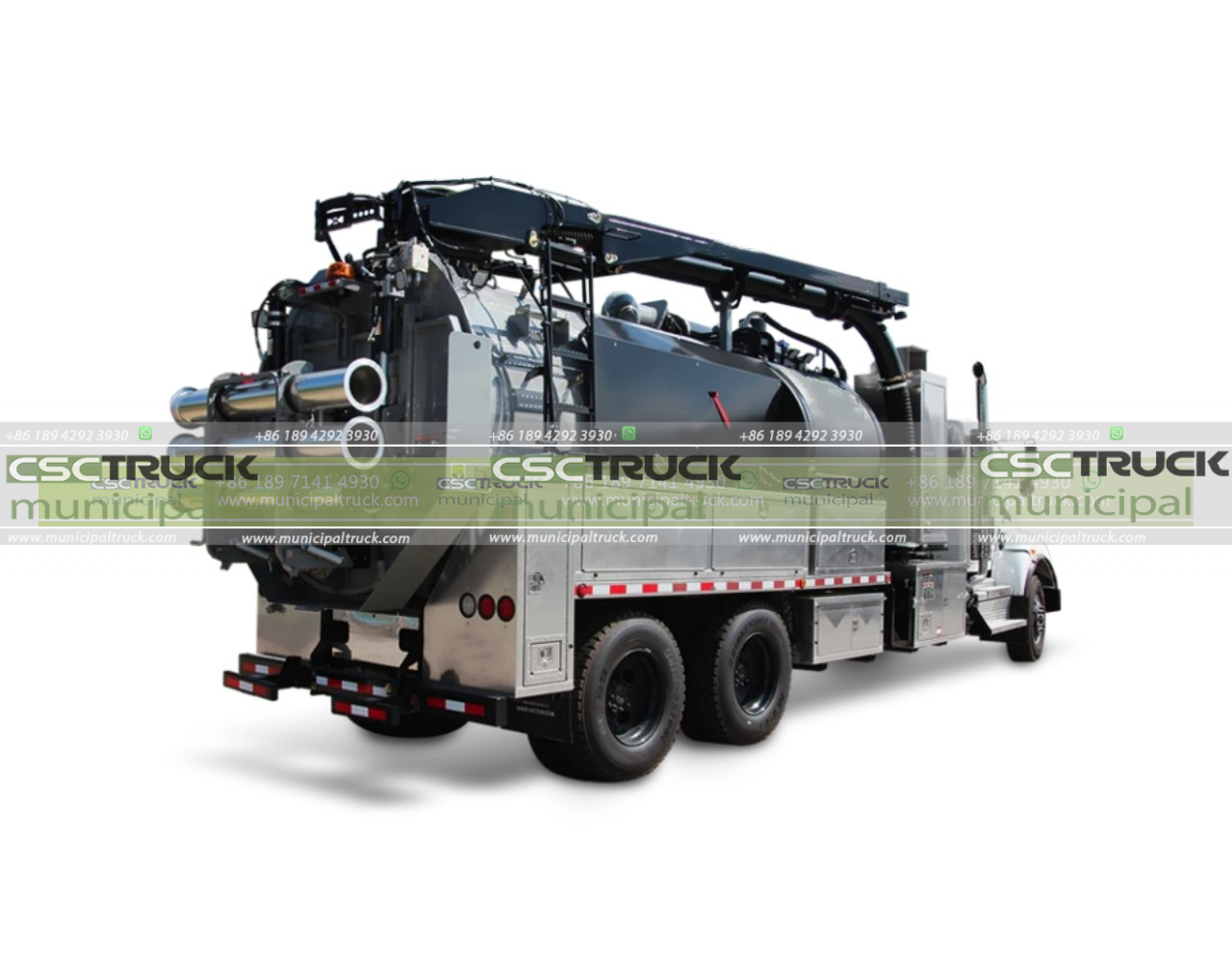
So, what exactly sets vacuum sewer trucks apart? At their core, these vehicles utilize the principle of negative pressure to extract sewage from individual collection points. Instead of relying on gravity alone, a vacuum pump creates a powerful suction force that draws wastewater into the truck’s storage tank through small-diameter pipes. This unique method eliminates the need for a vast network of large-diameter gravity pipes and allows for greater adaptability to various terrains, including flat or hilly areas where traditional systems would be impractical or costly to install.
One of the primary advantages of vacuum sewer trucks is their ability to operate with a smaller, more focused infrastructure. The narrow pipes used in vacuum systems are typically laid just below the surface, reducing the need for extensive excavation and minimizing disruption to existing infrastructure. This feature makes vacuum systems particularly appealing for retrofitting in urban areas or for rapidly expanding municipalities seeking cost-effective solutions.

Additionally, vacuum sewer trucks offer superior control and monitoring capabilities. Advanced sensors and control systems enable operators to precisely monitor sewage flow and detect potential issues such as blockages or leaks in real time. This proactive approach minimizes the risk of system failures and allows for prompt maintenance, preventing costly and inconvenient downtime. Furthermore, the remote monitoring capabilities of vacuum sewer trucks enable centralized management, facilitating efficient resource allocation and optimizing maintenance schedules.
The environmental benefits of vacuum sewer trucks are also worth noting. By utilizing a closed system that prevents odors and leakages, these vehicles significantly reduce the risk of contamination and the release of harmful gases into the environment. The enclosed nature of the system also prevents the intrusion of external elements, such as stormwater or groundwater, reducing the load on treatment plants and preventing overflow events during heavy rainfall or flooding.
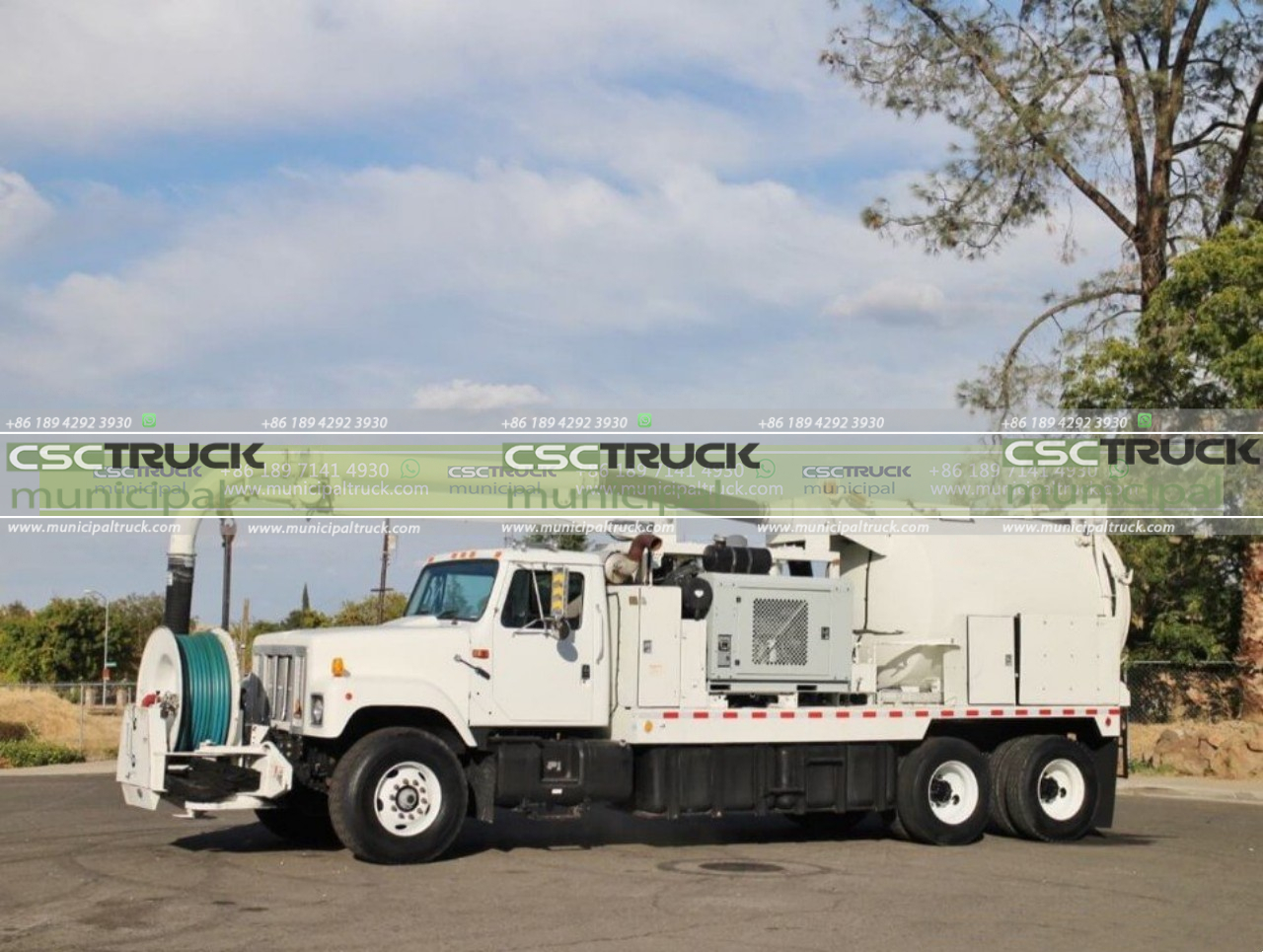
Another notable advantage is the reduced energy consumption compared to traditional gravity-based systems. Vacuum sewer trucks operate at lower pressure, resulting in less energy required for transporting sewage. Moreover, the compact design of the vacuum system reduces the volume of wastewater to be treated, leading to potential energy savings in the treatment process itself.
The versatility of vacuum sewer trucks extends beyond sewage collection. These vehicles can also be used for various other purposes, such as cleaning stormwater drains, emptying septic tanks, and even industrial applications like removing hazardous waste or spills. This multi-functionality makes them a valuable asset for municipalities and private entities, maximizing their investment in wastewater management equipment.

However, like any technology, vacuum sewer trucks are not without their challenges. Initial installation costs can be higher compared to traditional systems, mainly due to the specialized equipment required. Nevertheless, these costs are often offset by long-term operational benefits, including reduced maintenance expenses and improved efficiency. Additionally, proper training and education for operators are essential to ensure these advanced vehicles’ effective and safe operation.
In conclusion, vacuum sewer trucks are transforming the landscape of sewage collection, offering numerous advantages over traditional gravity-based systems. From their ability to operate in a smaller infrastructure footprint to their enhanced control and monitoring capabilities, these vehicles provide municipalities and private entities with a modern and efficient solution for managing wastewater. The vacuum technology employed by these trucks allows for greater flexibility in terrain, reducing the limitations imposed by gravity-based systems. This makes vacuum sewer trucks an ideal choice for retrofitting existing urban areas or expanding municipalities.
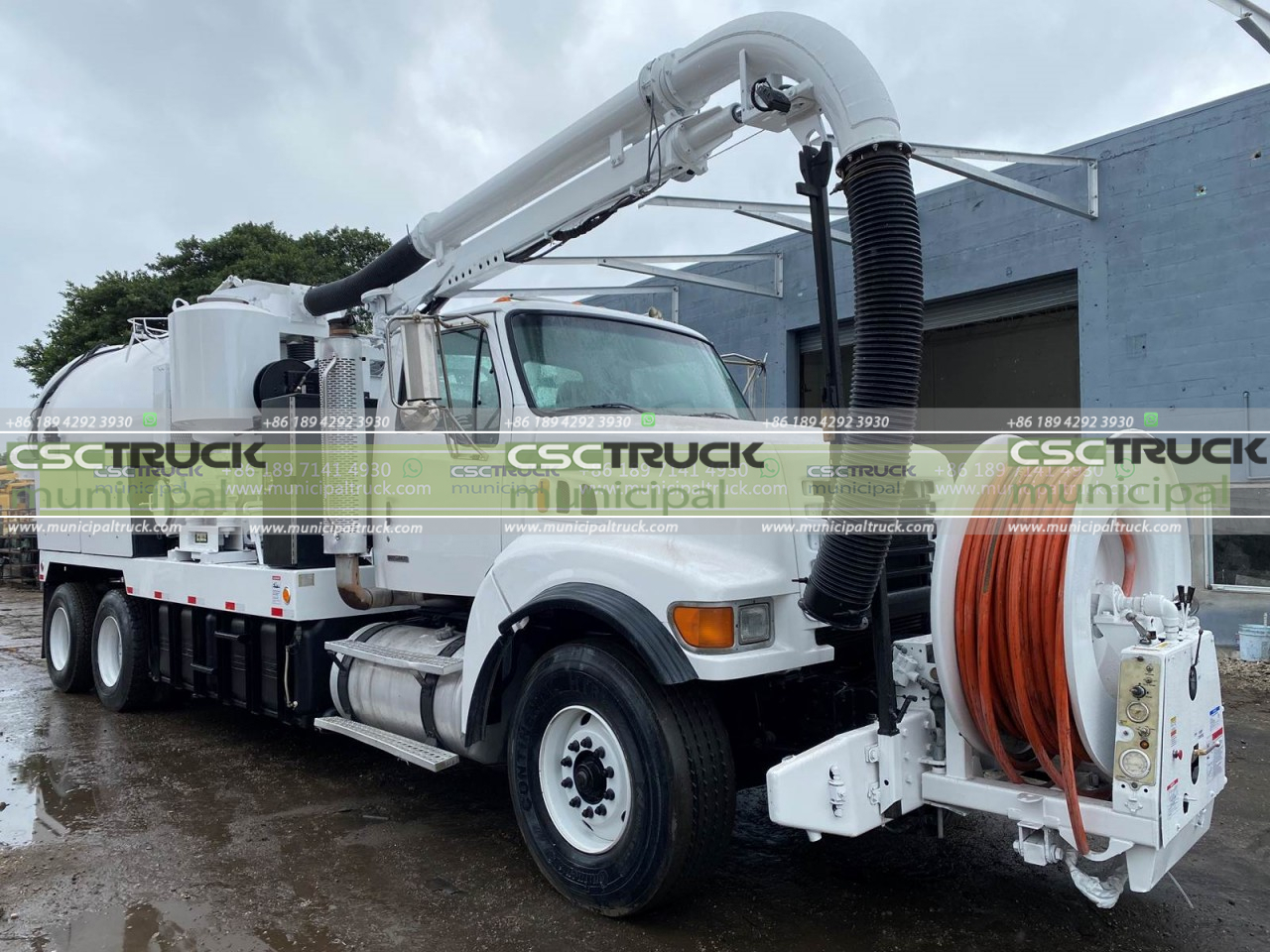
The control and monitoring capabilities of vacuum sewer trucks provide operators with real-time information, allowing for proactive maintenance and quick response to potential issues. This not only improves the overall efficiency of the system but also minimizes the risk of system failures and costly downtime. The remote monitoring feature enables centralized management, optimizing resource allocation and maintenance schedules for maximum effectiveness.
Environmental considerations are a critical aspect of sewage collection, and vacuum sewer trucks excel in this area. The closed system design minimizes the risk of contamination and the release of harmful gases, ensuring the safety of both the environment and public health. By preventing the intrusion of stormwater or groundwater, vacuum sewer trucks help alleviate the strain on treatment plants, reducing the likelihood of overflow events during heavy rainfall or flooding.
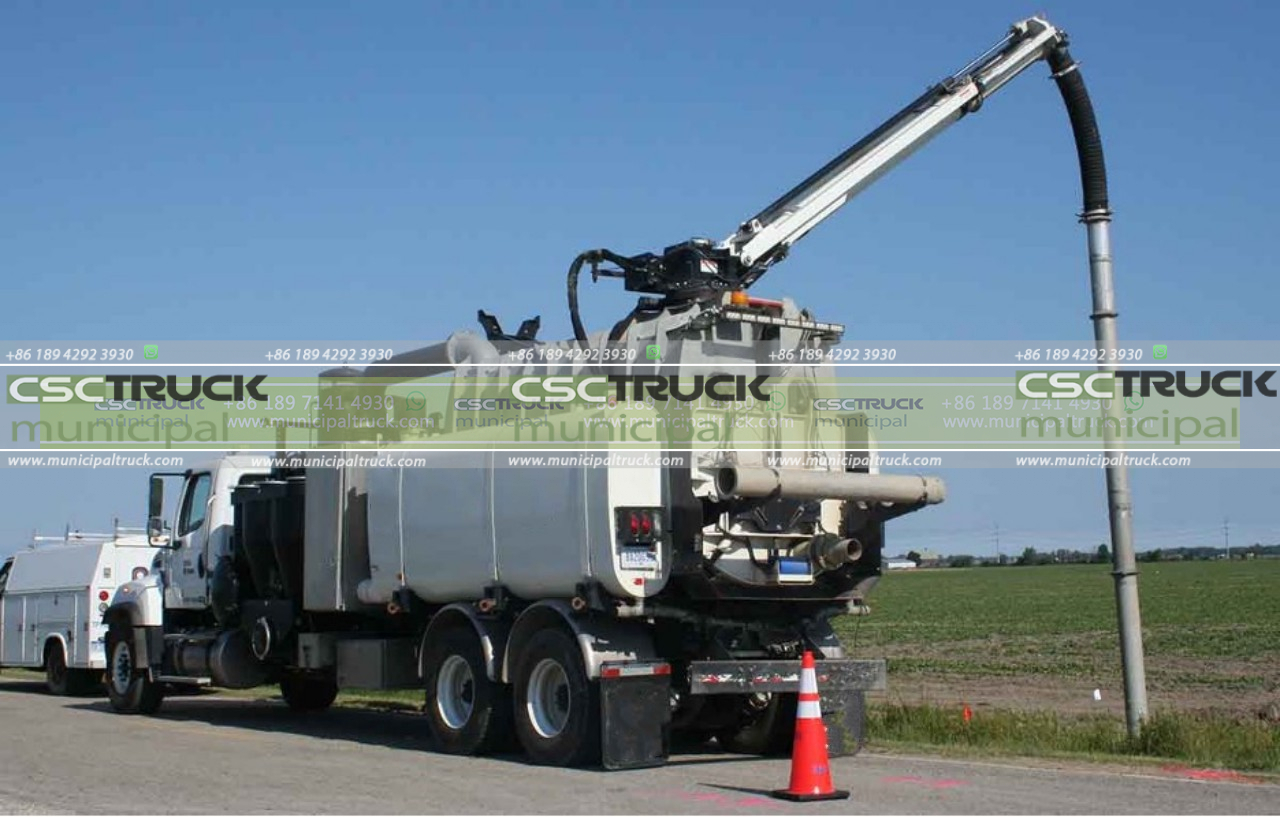
Energy efficiency is another key advantage offered by vacuum sewer trucks. The lower pressure required for operation translates into reduced energy consumption compared to traditional gravity-based systems. Additionally, the compact design of the vacuum system decreases the volume of wastewater that needs to be treated, potentially leading to energy savings in the treatment process itself.
Beyond sewage collection, vacuum sewer trucks provide versatility in their applications. They can be utilized for cleaning stormwater drains, emptying septic tanks, and handling hazardous waste or spills in industrial settings. This multi-functionality adds value to the investment in wastewater management equipment and expands the capabilities of these vehicles beyond traditional sewage collection.
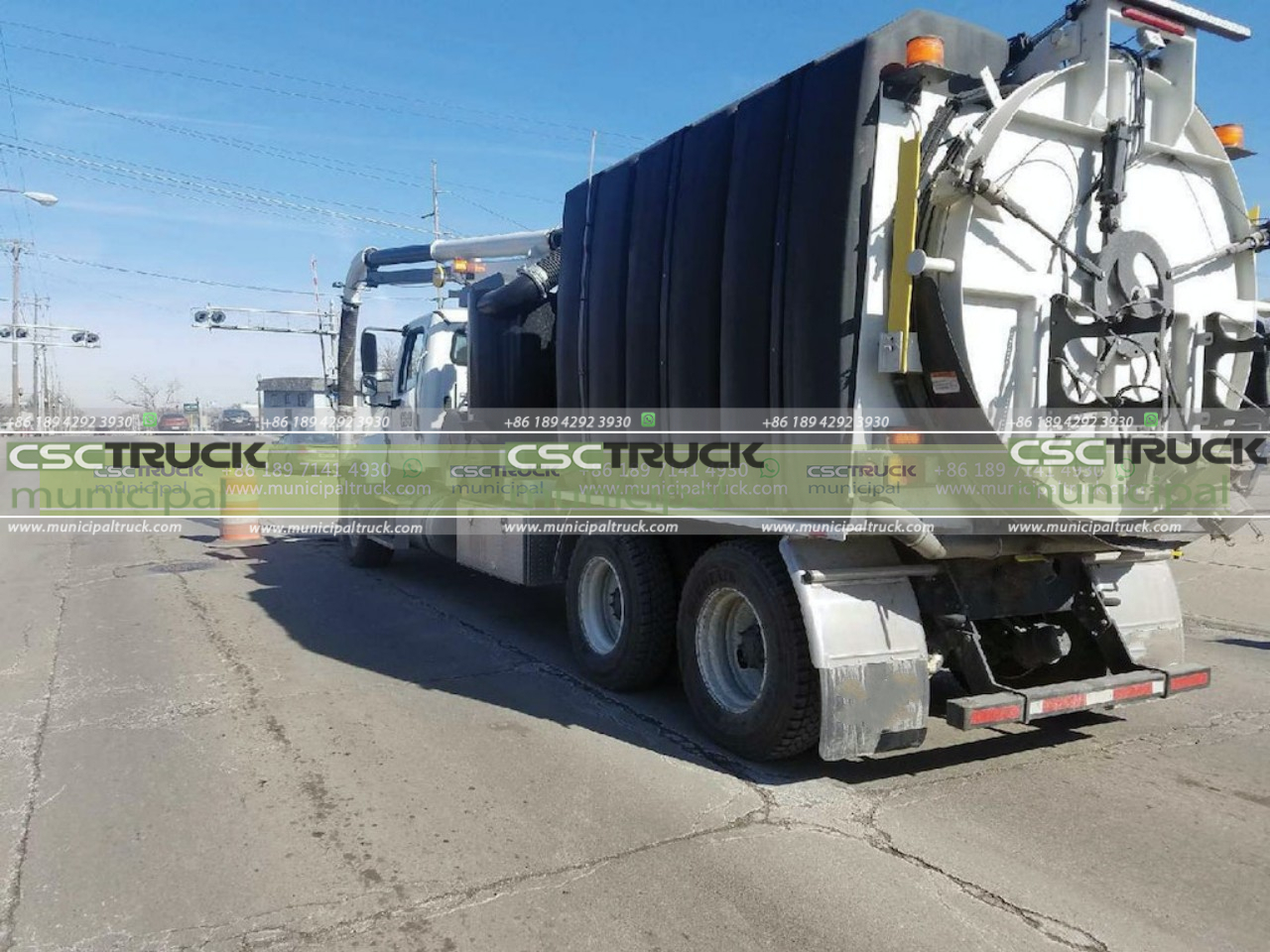
Despite the numerous benefits, there are challenges when implementing vacuum sewer trucks. The initial installation costs may be higher than those of gravity-based systems due to the specialized equipment involved. However, the long-term operational advantages, such as reduced maintenance expenses and improved efficiency, often offset these upfront costs. Proper training and education for operators are also crucial to ensure these advanced vehicles’ safe and effective operation.
In conclusion, vacuum sewer trucks are revolutionizing sewage collection by offering a range of benefits over traditional gravity-based systems. Their ability to operate with a smaller infrastructure, advanced control and monitoring capabilities, environmental friendliness, energy efficiency, and versatility make them invaluable tools in modern wastewater management. As municipalities and private entities seek innovative and sustainable solutions, vacuum sewer trucks are changing the game and paving the way for a more efficient and environmentally conscious approach to sewage collection.
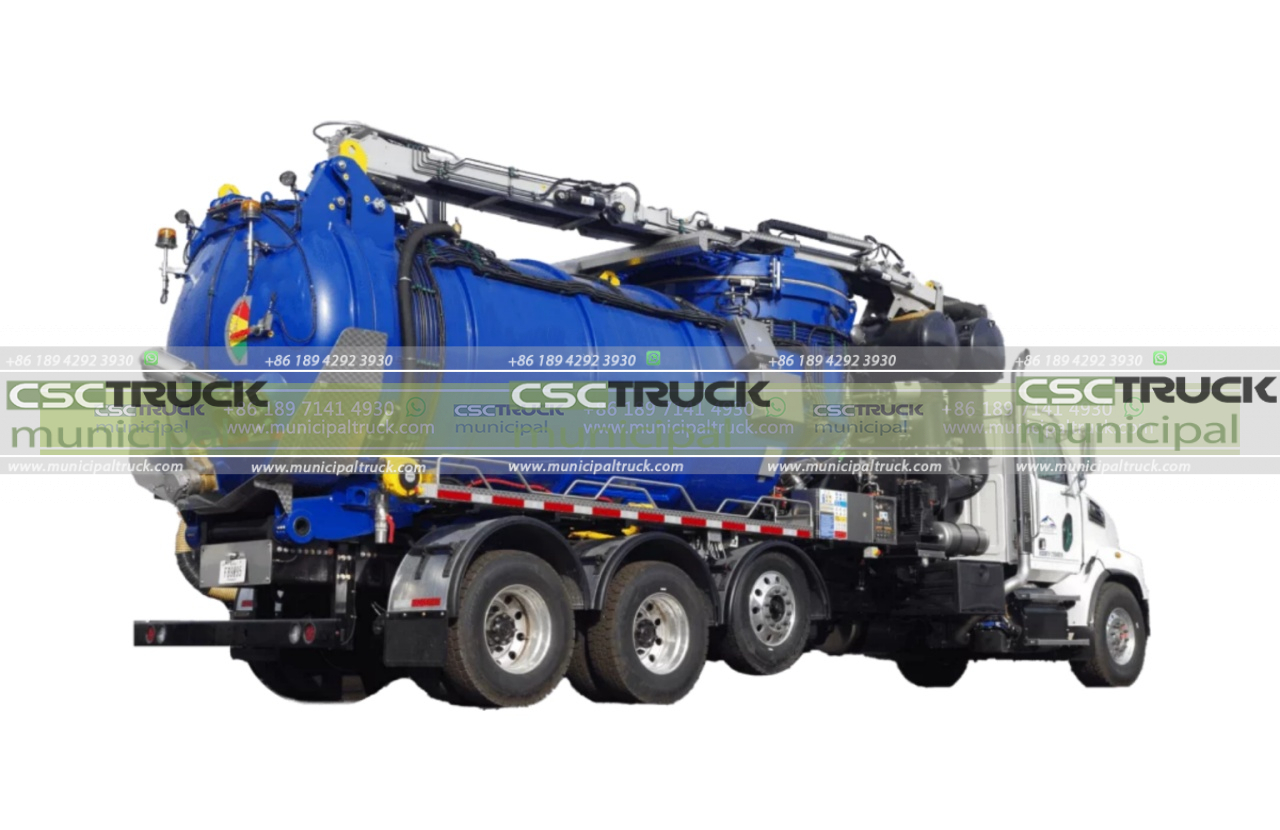
Contact us for this municipal truck or similar trucks: [email protected] Call us or What's APP us: +86 189 4292 3930
